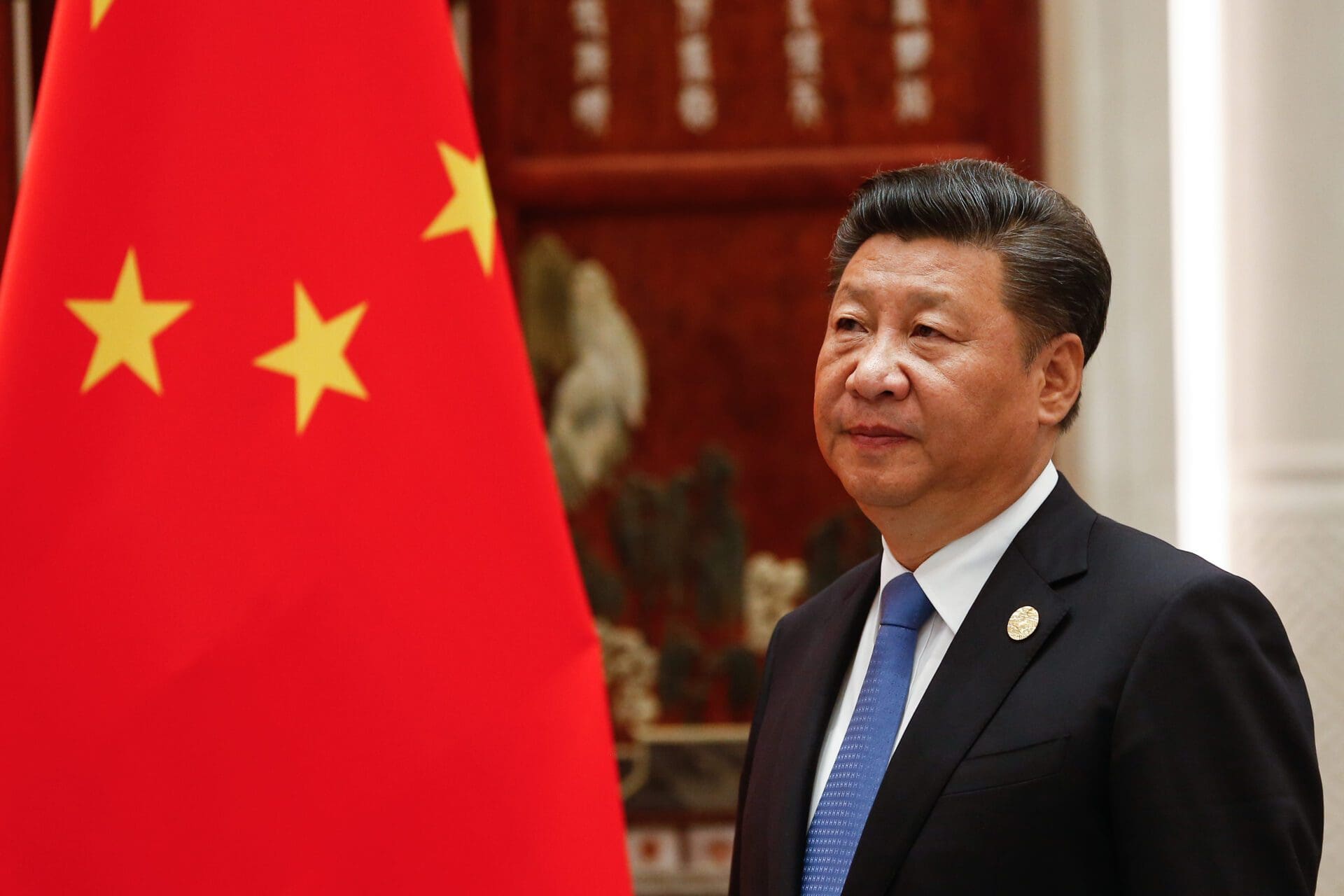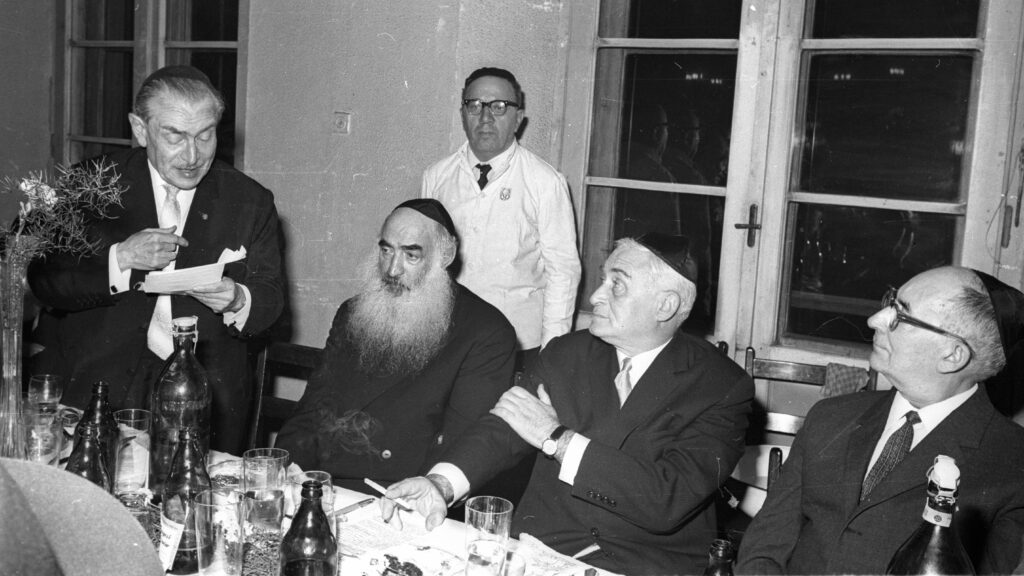Given that China is a one-party state, it may come as a surprise that joining the Chinese Communist Party (CCP) is very difficult. Of all the ruling parties in the world, the CCP is the hardest to join—while the Party has a staggering 90 million members, that is only about 7 per cent of the population. Applicants are closely scrutinised before they are admitted: they must prove their ideological commitment, have a good reputation and be actively involved in the work of the Party, and they must also obtain letters of recommendation from recognised members of the CCP. During the long selections process (there is even a probationary period that can last for years), recruits have to prepare a report every three months on their work for the Party and their ideological commitment, while established Party members are also asked to evaluate the applicants. Ming Xia, Professor of Political Science at the City University of New York, explained the difficulty of becoming a member of the CCP in the following words: ‘The CCP follows Marxist and Leninist principles for a party of the proletariat. It is a “vanguard party”, which means that the Party consists of the most ideologically enlightened and practically devoted few of the society.’ Not just anyone can join the party—members must be the elite of the elite, the vanguards of communist ideology.
Party ideologues fear that if the party becomes a ‘party for everyone’ instead of a committed, class-based group, the regime will fall
Since Xi Jinping took power in China, joining the CCP has become even more difficult, if not impossible. In 2019, the number of new recruits to the CCP fell to a record low of 2.3 million. The reason for the decline in party enrolment is that party ideologues fear that if the party becomes a ‘party for everyone’ instead of a committed, class-based group, the regime will fall—just like the Soviet Union and other European dictatorships, where Marxism-Leninism was watered down by the mass membership of the governing parties. In addition to the attempt to keep the CCP an ideologically committed, elite organisation, Xi’s approach to the party is characterised by the strengthening his leadership and ideology. The ‘Xi Jinping thought‘, which was recently ‘established’ as Xi’s brand of Chinese Communism and the ideological foundation of the Party, has become more deeply embedded in party ideology than ever before. In essence, Xi’s ‘thoughts on‘ various issues set the blueprint for the whole of China to follow in the coming years. Orders from the so-called ‘supreme leader’ are said to be ‘people-oriented’ and serve the interests of all Chinese nationals. In essence, the National Congress of the Chinese Communist Party and the structure of the CCP in general have powerfully demonstrated that, despite the ‘fall of communism’, Marxist-Leninist ideas are alive and well. And to understand the CCP, we must first understand the Marxist-Leninist concept of the ‘vanguard party’.
The idea of a ‘vanguard party’ was formulated by Lenin. According to Marxist ideology, workers should unite to overthrow the oppressive capitalist structure, but they are unable to fight against it because they are unaware of their own needs and self-interests. They do not know what is best for them because they have a false consciousness (another idea deeply embedded in Marx’s writings). False consciousness refers to the notion that members of the proletariat misperceive their real position in society and ‘systematically misunderstand their genuine interests‘ due to indoctrination and social relations under capitalism. Because of their false consciousness, workers are unable to recognise their oppression and exploitation, thus they do not unite to destroy the capitalist structure that holds them captive. To overcome this problem and bring workers to a Marxist paradise, Lenin proposed the ‘vanguard party’.
All ‘vanguard parties’ the world has seen have become oppressive forces
The ‘vanguard party’ consists of the few enlightened ones who know the best interests of workers and are willing to work to achieve them. Officially, it is not about oppression and abuse of rights, it serves only to coordinate and organise the revolution in order to advance the interests of workers. However, according to history, all ‘vanguard parties’ the world has seen have become oppressive forces. And there is a good reason for that. Firstly, apart from the elite of the Party, the proletariat is largely assumed to be unaware of its own interests. Secondly, members of the Party are assumed to have superior knowledge (uninfluenced by capitalist indoctrination that normalises class oppression) about how people’s life should be run. And thirdly, the actions of the ‘vanguard party’ are justified by the perception that they are leading people to paradise. If we combine these three ideas, not only do we have an elite whose actions cannot be questioned, but whatever they deem necessary to ‘take the people to paradise’ is justifiable because they do it for the greater good. Many accuse Lenin of having deviated from Marxism and distorting it—but in reality, if these three Marxist ideas are taken seriously, it can hardly produce any other results than what Lenin described as the ‘vanguard party’.
After Mao’s era, Chinese Communism slightly moved away from a ‘vanguard party’ course and tried to moderate its totalitarianism. Now, Xi Jinping is returning to the original vision of the ‘vanguard party’—and historical experience shows that this move will most likely lead to the brutal oppression of ordinary people.








